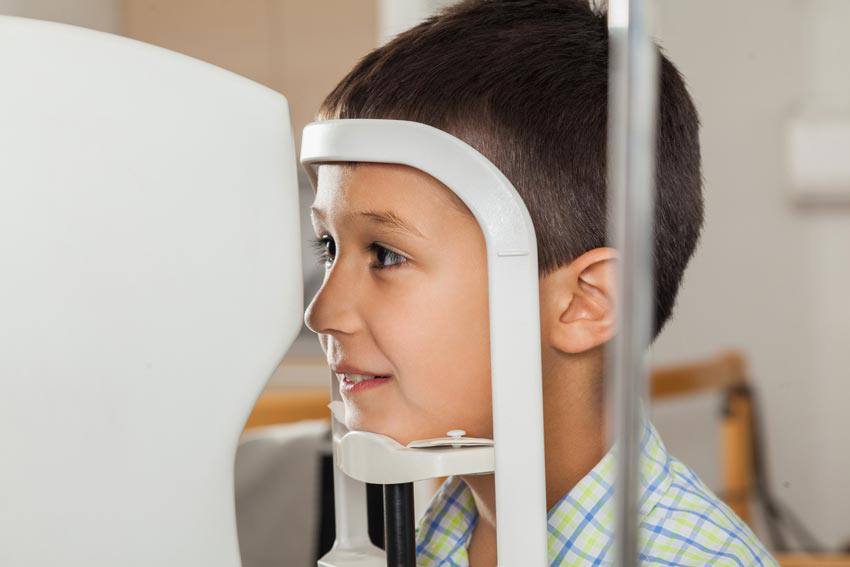Why travellers prefer Blue Cross
- Canada's #1 travel insurance brand and recognized worldwide
- Over 75 years of expertise in insurance
- $5 million travel insurance coverage, with or without deductible
- Flexible and affordable travel insurance solutions
- Free quote available online
- Travel assistance available 24/7 for any emergency, anywhere you travel

Ocular dysfunction and how it can affect a child’s learning
Published on: September 1, 2016
Many of us take good vision for granted, but there are many eye-related medical conditions that can impact a person’s quality of life. Many of these issues are identified in children and can have an impact on their ability to learn. One issue that can have a significant impact on a child’s vision and ability to learn is ocular dysfunction.
About ocular dysfunction
There are six muscles that work collaboratively to control eye movement, and ocular dysfunction occurs when these muscles are not working properly. Almost everything you do requires good eye movement: reading, playing sports, depth perception and balance.
“If one’s oculomotor muscles are ineffective, he may have difficulty reading – he may easily lose his place or repeat sentences. People with this condition may also have difficulty with balance, depth perception, sports, or hand eye coordination. Virtually every task requires good control of eye movements,” says North Shore Pediatric Therapy.
The condition affects three key elements of proper eye function:
- Smooth pursuits: The ability to gaze and follow a moving object
- Saccades: The ability to move the eyes from one object to another
- Convergence/divergence: The ability to move the eyes inward and outward to see objects at different distances
This condition is common among people of all ages, and it can be caused by slow development or disease of the central nervous system. The good news is that it can be diagnosed with a simple eye exam.
Symptoms of ocular dysfunction
One of the difficulties in determining whether a child has ocular dysfunction (or other eye-related issues) is that it has a wide range of symptoms. They include:
- Spatial disorientation
- Trouble with visual attention
- Poor visual attention to detail
- Clumsiness
- Poor hand–eye coordination
- Fatigue
- Poor visual memory
- Difficulty concentrating
If you notice these or any other eye-related issues in your child, take them to see an optometrist.
How ocular dysfunction can affect a child’s learning
Eye movement problems in children can affect their ability to learn, especially when it comes to reading. If a child cannot properly track word to word with their eyes, virtually all learning tasks – reading, writing and comprehension – will be negatively affected.
Children commonly have issues with:
- Concentrating on school work
- Copying from the chalkboard
- Consistency
- Following along accurately when reading
- Handwriting
It is common for children with ocular dysfunction to appear as though they are not paying attention or not trying hard enough. They are also commonly misdiagnosed with other learning disabilities, such as attention deficit disorder or dyslexia. Misdiagnosis will only prolong the issue and could cause your child to fall behind in school. If you notice any of the signs described above, take your child in for an eye exam.